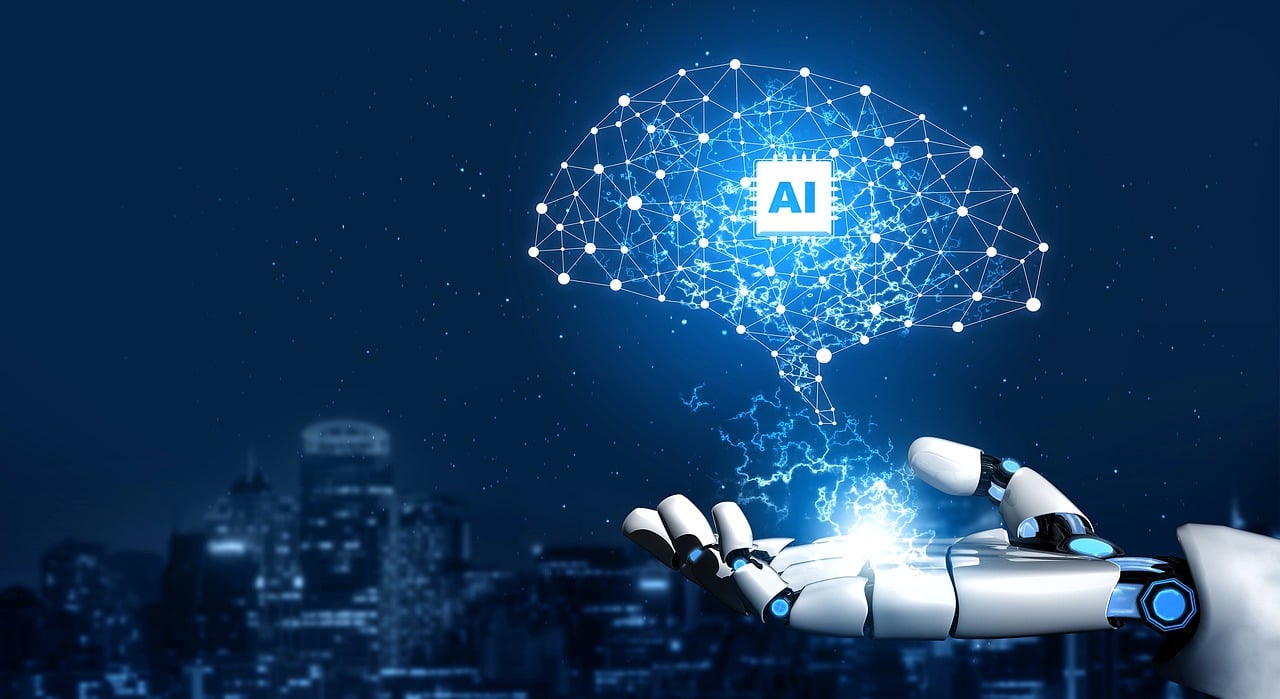
Artificial Intelligence
Introduction
Artificial Intelligence (AI) has transitioned from a mere science fiction fantasy to a tangible technology that is transforming our society. From medicine to agriculture, AI is revolutionizing various sectors and redefining the way we live and work. In this article, we will explore how AI is impacting different areas and what the future holds for this innovative technology.
Applications of AI

Health: AI is playing a crucial role in modern medicine. With its ability to analyze large volumes of data, AI is helping doctors make more accurate diagnoses and develop personalized treatments. Additionally, it is facilitating the discovery of new medications and improving efficiency in hospitals and clinics.
Education: In the education sector, AI is personalizing learning by tailoring content to the individual needs of each student. AI-powered virtual tutors are providing additional support to students, while educational administration tools are improving management and efficiency in institutions.
Industrial Automation: AI is optimizing production and efficiency in industry through the use of robots and intelligent systems. These technologies are automating repetitive and hazardous tasks, allowing workers to focus on more complex and creative activities.
Transportation: AI-powered autonomous vehicles and traffic management systems are improving road safety and reducing congestion. Companies like Tesla and Waymo are leading the way in developing self-driving cars, which promise to change the way we travel in the future.
Finance: In the financial sector, AI algorithms are detecting fraud, optimizing investments, and managing risks. These systems can analyze data in real-time and make decisions faster and more accurately than humans, revolutionizing the finance industry.
Social and Economic Impact

Labor Market: Automation and AI are changing the nature of work. While some repetitive tasks are being automated, new job opportunities requiring skills in technology and data management are emerging. It is essential for workers to adapt and acquire new skills to thrive in this changing environment.
Ethics and Privacy: The implementation of AI raises significant ethical challenges. Algorithmic bias, data privacy, and autonomous decision-making are issues that need to be addressed to ensure the responsible use of AI. Establishing regulations and guidelines that protect people’s rights and dignity is crucial.
Economy: AI is driving economic growth by creating new industries and transforming existing sectors. Companies are investing in AI technologies to improve their competitiveness and efficiency, generating new business models and innovation opportunities.
The Future of AI
Future Innovations: In the next decade, we can expect significant advances in AI and its applications. Research in general AI, which aims to develop systems with cognitive capabilities similar to humans, is underway and promises to open new frontiers in technology.
General AI and Superintelligence: The development of AI that matches or surpasses human intelligence, known as superintelligence, is a topic of intense debate. Although we are still far from achieving this goal, it is essential to consider its ethical and social implications to prepare adequately.
Preparation for the Future: To adapt to an AI-driven future, societies and individuals must be prepared for change. Education and continuous training will be key to maintaining relevance in the labor market. Additionally, it is crucial to foster an open dialogue about the challenges and opportunities presented by AI.
Conclusion

Artificial Intelligence is transforming our society in surprising and promising ways. While it poses significant challenges, it also offers immense opportunities to improve our quality of life and solve complex problems. As we move forward into the future, it is essential to address the ethical and social aspects of AI to ensure balanced and beneficial development for all.